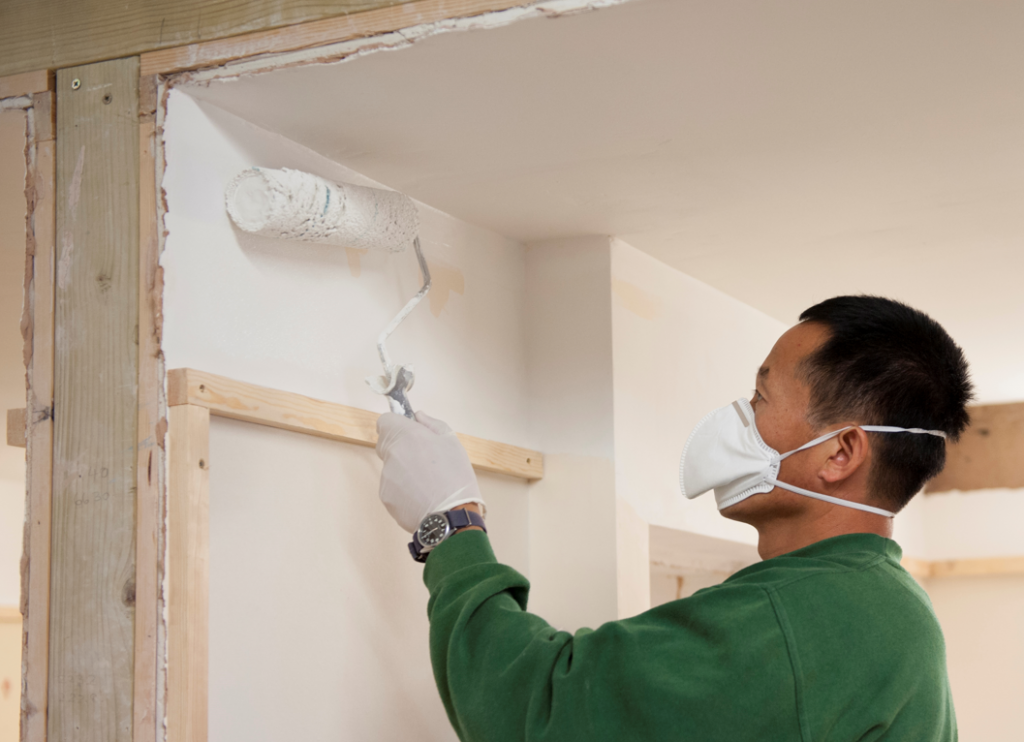
Painters and decorators play a vital role in the final stages of the construction process, and the work they do breathes life into a project before it’s opened to the public or owners move in.
What skills do painters and decorators need?
Naturally, painters and decorators should be happy working with their hands and need to have good attention to detail when it comes to completing jobs to a high standard.
Good communication skills will also come in extremely useful, whether that’s speaking to customers or working as part of a wider team on bigger projects.
A basic element of computer skills has also become an increasingly helpful trait, with computer software now commonly used to create mock-ups and digital colour charts.
What qualifications are needed to become a professional painter and decorator?
There is no set entry route to becoming a professional painter and decorator, though the most common pathways are typically through a college course, apprenticeship, learning on the job as a decorator’s labourer or ‘mate’, or completing a course with a training provider.
Registrations to consider
If you plan on working or training on any UK construction site, you’ll need to register for your Construction Skills Certification Scheme (CSCS) card.
You may also want to join the Painting and Decorating Association, the largest trade and employers’ association in the UK painting and decorating industry. The organisation offers business support, including network and training events, guidance on a range of issues from health and safety to marketing, as well as legal support and employment advice.
What is the typical day of a painter and decorator?
The day-to-day life of a painter and decorator will vary depending on whether you’re working in a domestic, commercial or industrial setting. However, common tasks tend to include:
- Estimating how much paint and other materials are needed to complete jobs
- Stripping wallpaper and old layers of paint
- Filling holes and cracks to ensure surfaces are level
- Applying primer and undercoat to work surfaces
- Mixing paints to achieve the right shade
- Applying paint coats and hanging wallpaper
- Adding finishes like stains, varnishes and marbling
Career prospects and earning potential
Once you’ve gained experience you could go on to become a team manager, supervisor or even move into teaching and training. Alternatively, you could set up your own painting and decorating business.
There’s also the potential to transition your skills into related areas of construction such as historical conservation, set design and interior design.
The starting salary of a painter and decorator sits at roughly £17,000, moving up to around £32,000 for those with more experience. This figure has the potential to increase for those who are self-employed and can set their own rates.
Interested in a career in painting and decorating? Already have experience in the sector but need your formal qualifications? At Able Skills, we have a range of courses suited to all levels of experience. Pop into our training centre for a chat and our team would be happy to help. If you can’t make it in, give us a call on 01322 280 202 or request a brochure online.